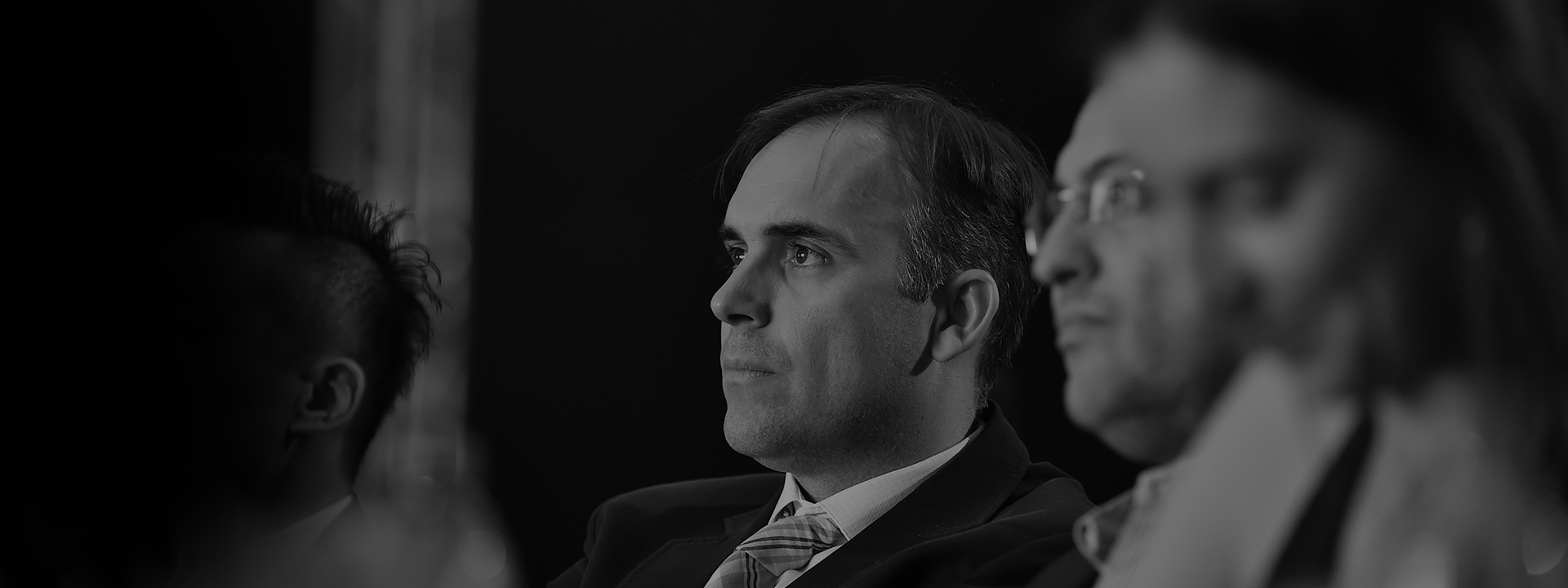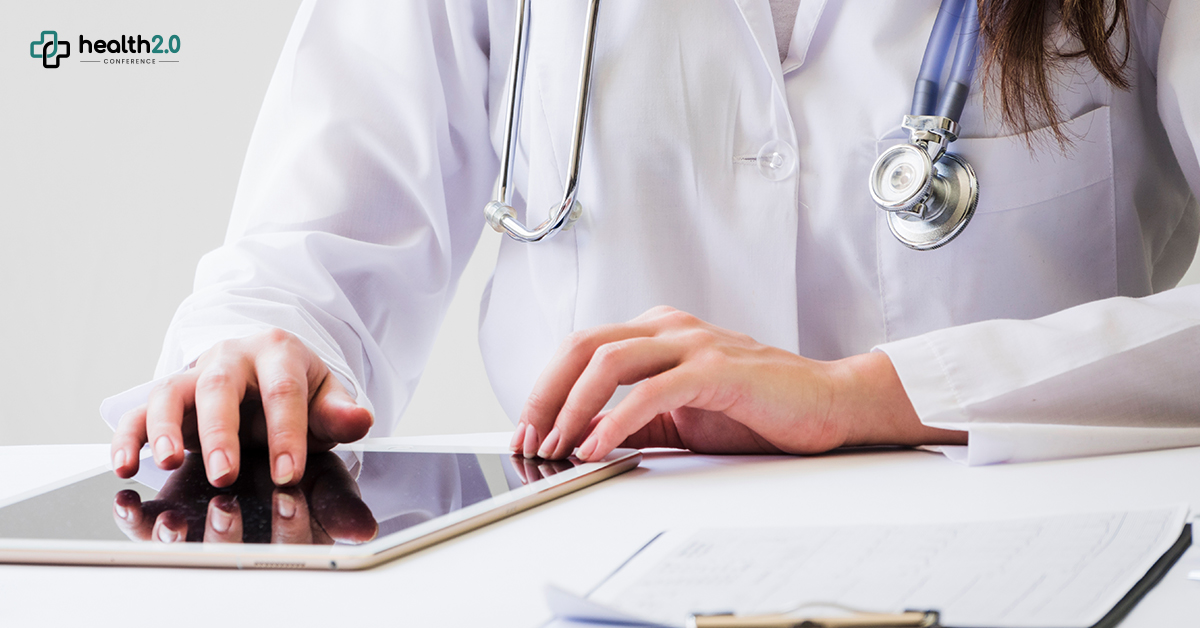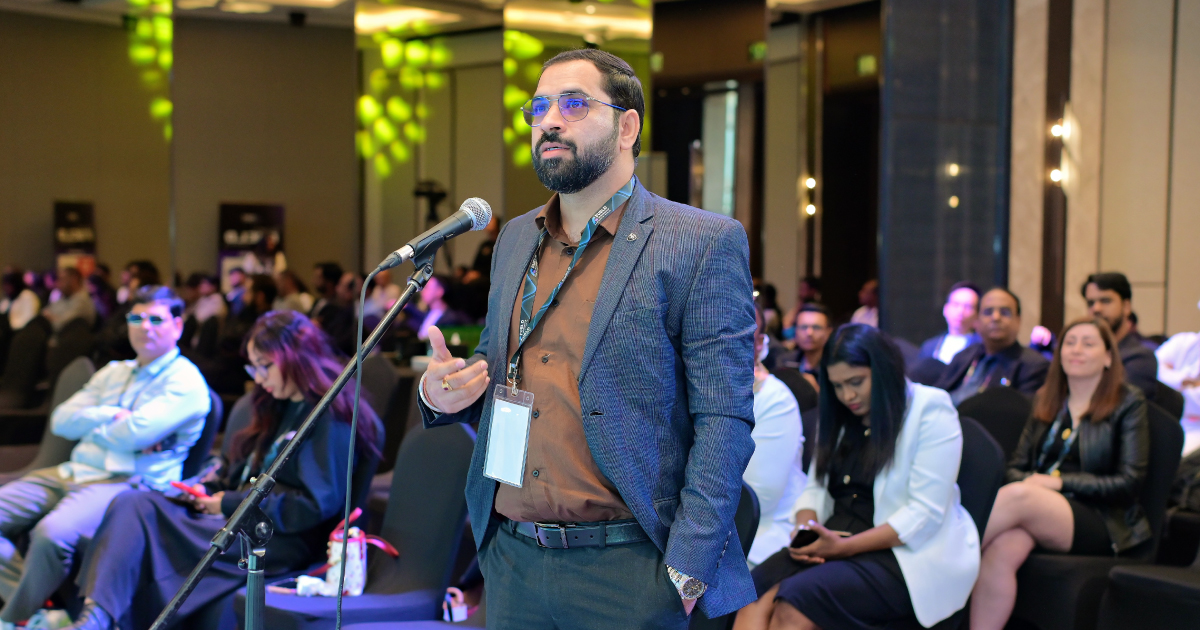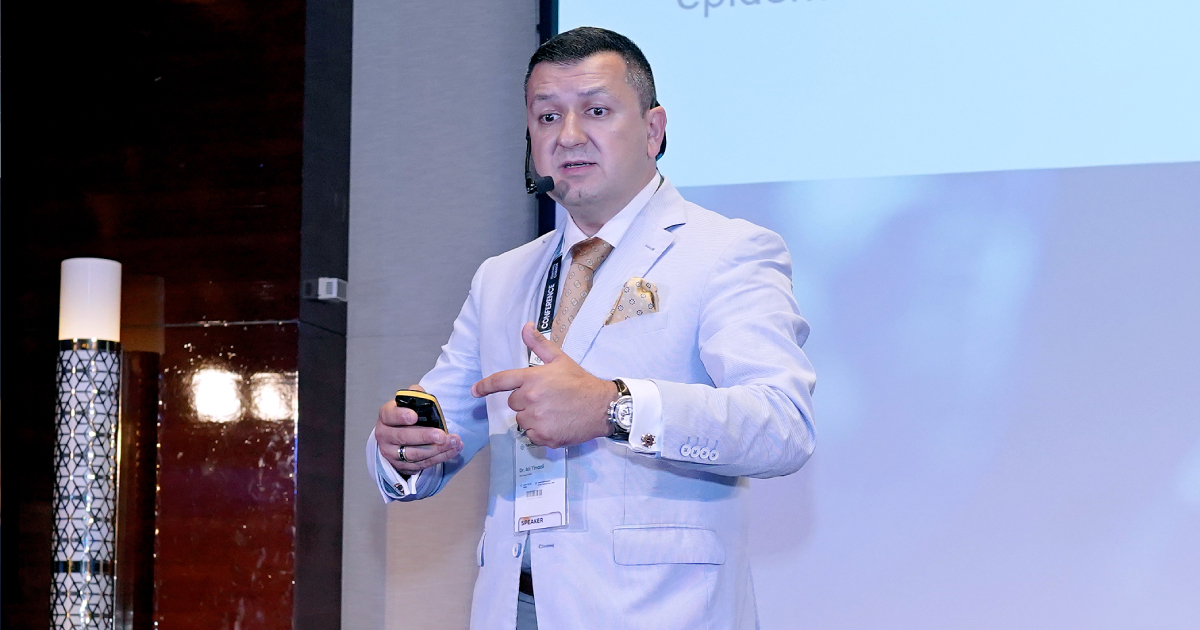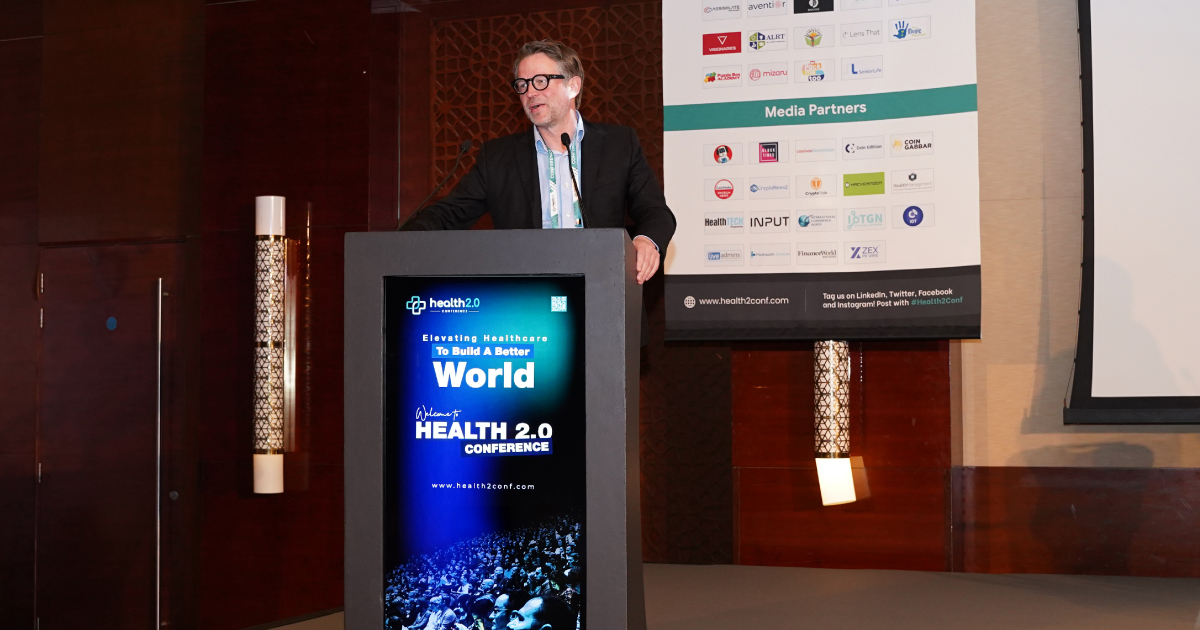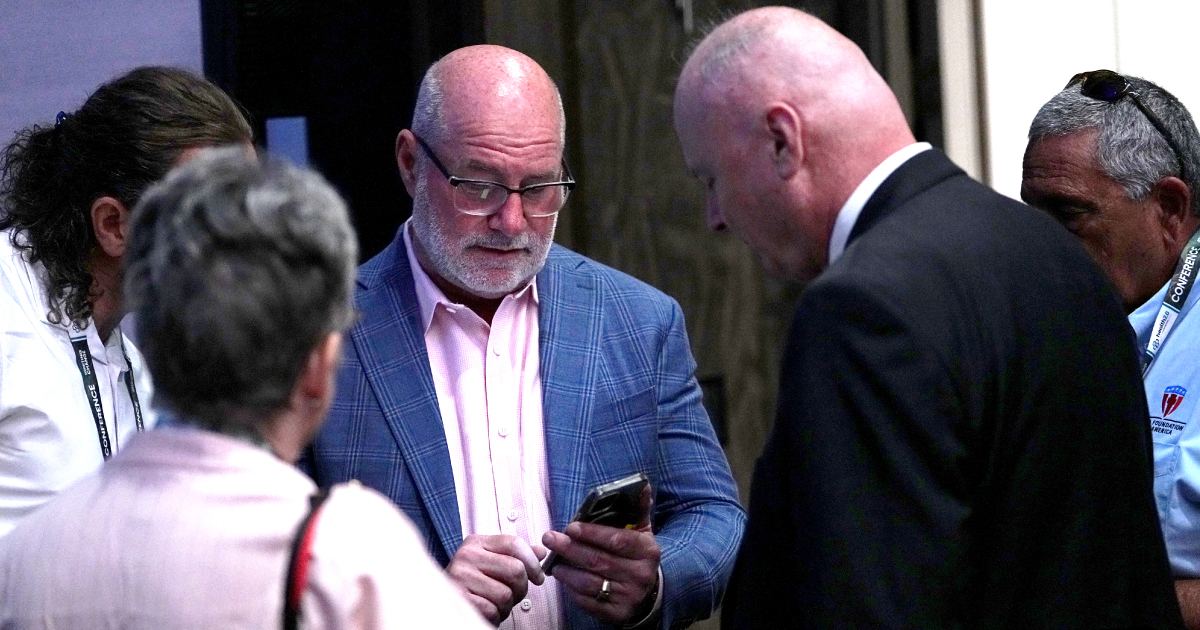By now, your medical organization's leadership has concluded that using paper-based records causes more problems than it solves. It is time to switch to electronic health records. While some practices can get by with old-fashioned paper, the disadvantages can no longer be ignored. Paper records are simply insecure, and it is becoming increasingly difficult to justify using this antiquated method of keeping patient files.
An electronic health record (EHR) system gives you far more control over data security. Some experts at post-COVID healthcare events have highlighted a few reasons electronic health records are more secure than paper records to help you make the case to your team for moving forward with an EHR.
Allows Access To Only Authorized Users
A paper-based system for your patient's medical records allows unauthorized individuals to access them without your knowledge. You can control who has access to patient information and when with an EHR system.
Furthermore, the electronic version of the patient's chart is now easier to share with other parties. This includes sending a follow-up report to the doctor who referred a patient to one of your specialists. Instead of arranging a courier or overnight mail, you can send it electronically instantly. Data transmitted between you and your client will be encrypted from one end to another, ensuring the protection of sensitive patient data and making it more accessible.
Encryption Ensures The Security Of Data
A paper record is easily accessible, allowing anyone to view it, transcribe details, make a copy, or even scan or fax the data to a third party. On the other hand, electronic records can be safeguarded with robust encryption methods to keep sensitive patient information safe from prying eyes.
Chances Of Tampering With Paper Records
Paper records can be tampered with in ways that are difficult to detect. Encryption and strong login and password systems protect electronic health records, making it much more difficult for someone to make unauthorized changes to the patient's chart and other information. Using an EHR aids in the preservation of new records.
Trails Of Evidence
Because they allow for audit trails, electronic health record (EHR) systems provide medical organizations with increased security. There are many problems with auditing paper records because it is unclear who has looked at them or what they were doing while looking at them. This can lead to inaccuracies and even misdiagnoses of patients, which could prove fatal.
With an EHR system, you can quickly determine who had accessed a patient's records, when they accessed them, and whether or not the access was authorized.
Data Backup
Keeping your patients' records secure requires more than safeguarding confidential information; you must ensure they are accessible during disasters. For example, being able to back up and recover data remotely means that when a criminal breaks into your office or something else disastrous happens, like a fire, flood, or earthquake, you can get back up and running much faster than if you relied on paper files.
Conclusion
As you can see, converting to electronic health records will provide your organization with increased safety and security for your patients' confidential data. An EHR system also offers several other advantages, such as increased staff efficiency, reduced errors, and the ability to become more profitable.
Due to your busy schedule, you may have limited time to become more acquainted with the valuable aspects of electronic health care records software. Attending healthcare conferences in Vegas, such as the Health 2.0 Conference, can help key stakeholders learn more about the benefits of EHR.


